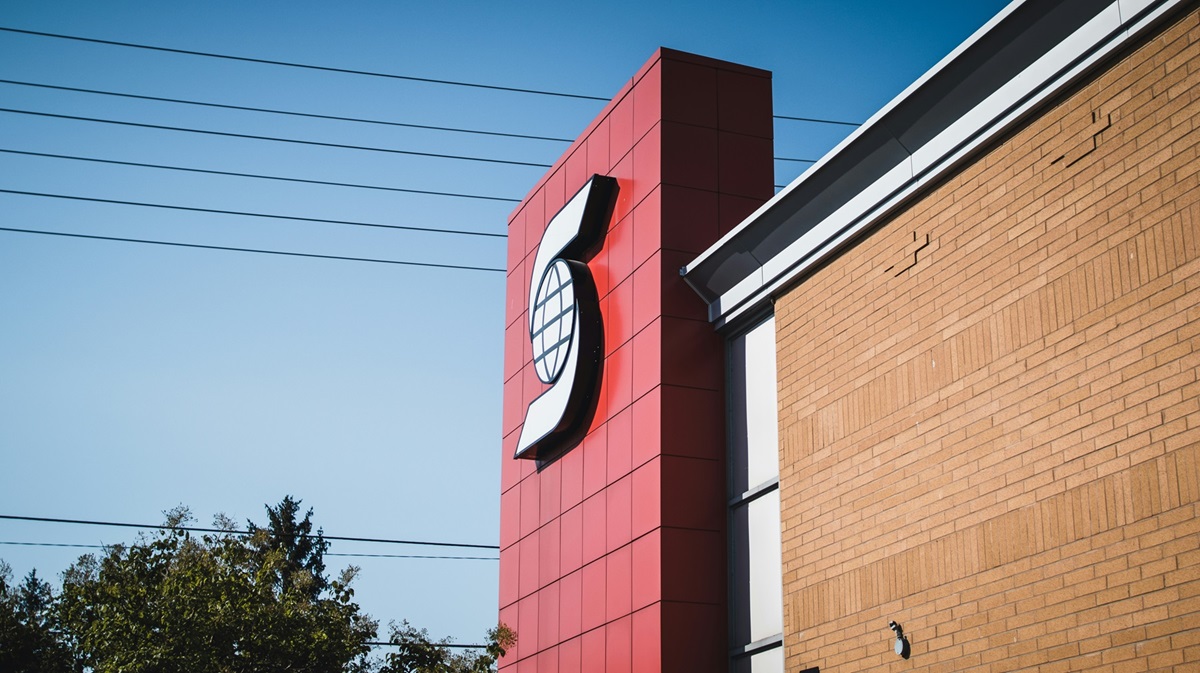
Narrow-moat Bank of Montreal (BMO) reported OK fiscal second-quarter earnings. Overall, we see slowing revenue growth in both Canada and the U.S. segments, largely driven by rising funding pressure and slower balance sheet growth. The bank also recorded a one-time provision related to the Bank of the West, or BOTW, portfolio, which lowered earnings. On an adjusted basis, BOTW contributed $317 million to preprovision pretax earnings, or PPPT, in the quarter. If we remove that, on an organic basis the bank would have seen a decline in PPPT of roughly 4% year over year. Results remained quite messy with one-time charges and adjustments, and it appears that they may not fully clean up until 2024.
The bank announced a quarterly dividend of $1.47 per share, a 4 cent, or 3%, increase from the prior quarter.
While net interest income is stalling out, certain fee items also remain under some pressure, most notably capital markets and securities commissions. The bank still has some integration charges to work through, in addition to cost savings from the acquisition that will not be fully realized until the second quarter of 2024. By 2024, we would expect PPPT to start moving in the right direction again, but for now the bank faces a more difficult environment. We plan to decrease our fair value by roughly a mid-single-digit percentage as we incorporate these results, driven largely by lower revenue assumptions.
Risks within the mortgage industry are increasing for the Canadian economy and for the banks. Higher interest rates are increasing the rates paid on mortgages when they reach their renewal date, and for mortgages that haven't reached renewal, amortization periods are being extended. We still do not think this will break the Canadian banks, but slower growth and potentially some losses are likely in the future.
Current results fit with our overall thesis at the start of the year, where we expected this year to be a bit of a transition period, with loan growth likely to slow, more credit strain likely to emerge, and net interest income likely to come under some pressure.







.jpg)













